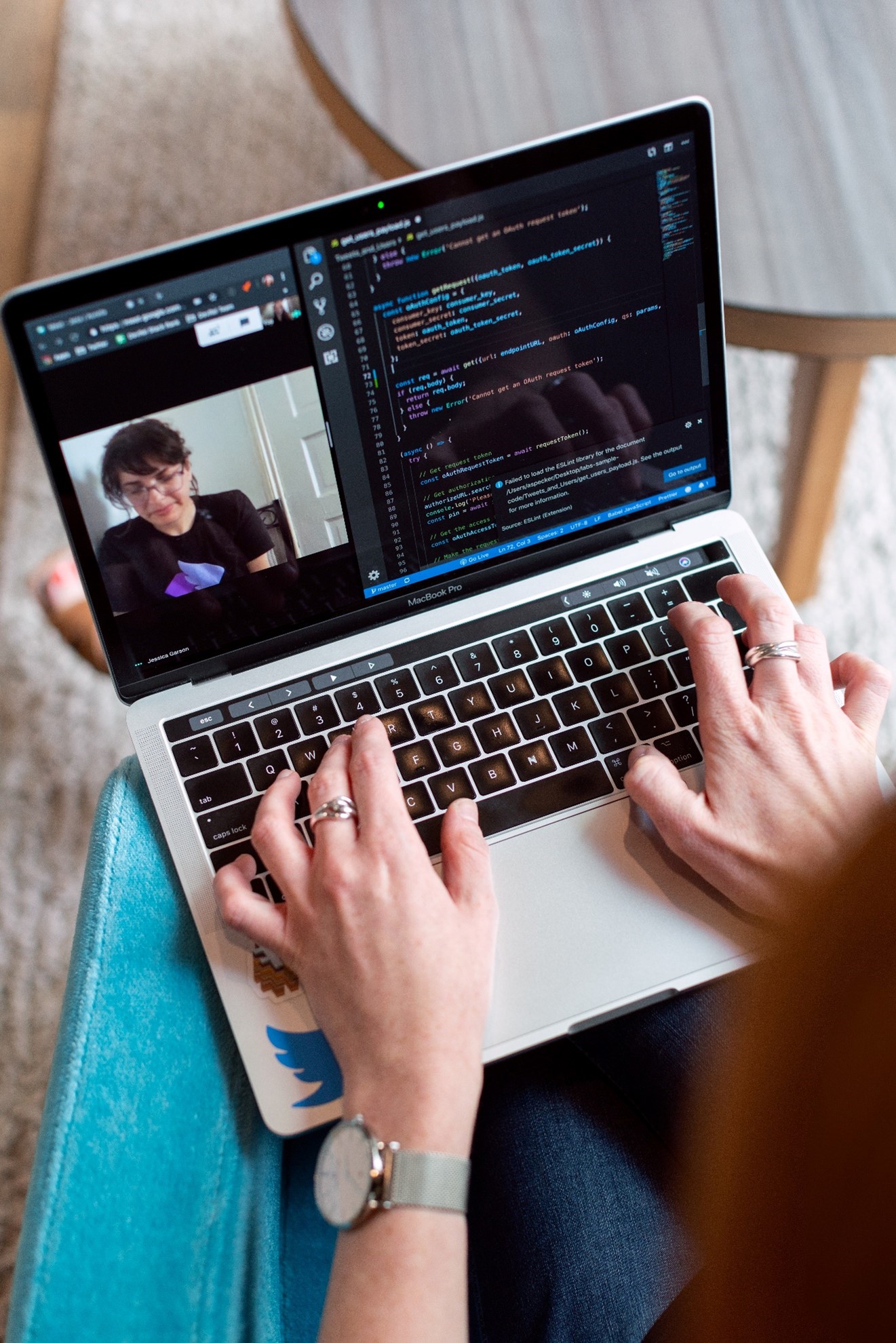12 Accessibility and Disability Inclusion in Instructional Support and Technology-Enabled Learning
 Continuing to Enhance Accessibility in the Faculty of Social Sciences Digital and Technology-Enhanced Spaces for Teaching and Learning
Continuing to Enhance Accessibility in the Faculty of Social Sciences Digital and Technology-Enhanced Spaces for Teaching and Learning
The Faculty of Social Sciences has been working on a revitalized website migration for 2022-2023. As part of the design process, the web development team has collaborated closely with Lucy Keelan and McMaster’s Website Accessibility Road Map team to ensure the new website meets AODA standards and provides new accessible content types that will eventually enhance all McMaster web environments. This work is ongoing and will radically enhance the accessibility of websites across all departments in Social Sciences.
The Faculty of Social Sciences has been actively investigating the enhancement of several Faculty and Department controlled classroom and meeting spaces to improve the accessibility standards. The first phase of this work has begun with a focus on better visual display technology with high-contrast, large 4k commercial display technology with anti-glare touch capable surfaces. The screens themselves are flexible with a height adjustable feature for enhanced physical accessibility. These space enhancements will be scaffolded over several years with the intent to actively inform and influence classroom accessibility standardization for the Faculty and beyond. The Faculty will contribute any experiences and feedback to the Barrier Free Standards Committee for McMaster University, the Classroom Renovation Committee, and Campus Classroom Technologies (CCT). The Faculty is also co-leading a Partnered Teaching and Learning (PTL) Garden Grant with CCT and a pan-university group to develop a scalable ‘McMaster Hybrid Standard’ with the intent to also significantly enhance in-person and remote classroom audio accessibility considerations.
Also, on the Teaching and Learning front, the Faculty continues to leverage the ‘EdTech Rover’ team (current and former Graduate students) who are deployed to assist with a variety of teaching technology situations that arise in virtual and physical classrooms, which often support provide a variety of teaching accommodation/accessibility support activities. This team facilitates many complex accommodation situations for students and instructors in the classroom including but not limited to caption corrections on media, real-time exam support for students in Avenue, classroom accommodations setups for hybrid situations, and real-time classroom support.
Contributors: Office of the Dean, Faculty of Social Science
Accessibility Updates from MacPherson Institute for 2021-2022
In 2021-2022, McMaster’s Teaching and Learning Centre, the MacPherson Institute (MI), recruited four educational developers with areas of focus on accessibility, anti-racist pedagogies, and Indigenous andragogies. The accessibility-focused educational developers partnered to create resources and workshops focused on universal design for learning, as well as consulting with individual educators, programs and campus partners on accessibility in teaching and learning.
Over the year MI continued to support accessibility / disability-inclusion work initiated in past years, including:
- A Community of Practice focused on inclusive teaching in the Faculty of Health Sciences
- Numerous workshops on topics in accessibility and Universal Design for Learning (UDL) during Teaching and Learning month (May 2022) and around the International Day for Persons with Disabilities (December 2022)
- The newly re-formed Accessibility Community of Practice, co-facilitated with Nancy Waite (Library Accessibility Services Coordinator, Library Accessibility Services)
- Partnerships with Student Accessibility Services, Library Accessibility Services, and the Office of Equity & Inclusion to develop a student journey map documenting various aspects of the current disability-related accommodations process.
Contributors: MacPherson Institute
Using Lecture Capture to Improve Access to Presentation Content
Many factors can impact a student’s ability to meaningfully engage with in-person synchronous presentation content. Echo360 lecture capture allows students to interact with recorded or live-streamed lecture content on their own terms, with their own devices, in their preferred environment. In a commitment to strengthening inclusive classroom technologies, Campus Classroom Technologies (CCT) continues to support Echo360 lecture capture and reduce barriers in its use.
- Echo360 is available to all McMaster staff, instructors, students, and faculty with a MacID
- All Echo360 videos include closed captions and a transcript that is searchable to aid comprehension and studying.
- As of August 31, 2022, Echo360 capture hardware is available in 91 classroom spaces across McMaster. Echo360 cloud and software solutions are available universally on campus or at home.
- In 2021-2022, approximately 12,500 individual Echo360 videos were processed, including classroom recordings, personal recordings and video uploads.
- In 2021-2022, Echo360 videos were viewed an average of 9 times, including complete or partial viewings. Students may revisit part of a lecture several times to help brush up on a topic.
Contributors: Campus Classroom Technologies

Capturing Audio for Class Discussions or Group Meetings
As hybrid meetings and classes became a regularity at McMaster in 2021, new tools were needed to ensure remote participants could see and hear any in-person discussion. Now McMaster faculty, instructors and staff can borrow a Meeting Owl Pro through the library to provide improved 360-degree webcam video coverage and an enhanced echo-cancelling audio experience for any hybrid class, meeting, or presentation. This tool makes virtual access possible in classrooms or spaces that are not already equipped for audio-video conferencing. The 15’ microphone range of the Meeting Owl Pro can capture clear audio from group discussions and works well with live-captioning tools inside Zoom and Microsoft Teams. Student Accessibility Services (SAS) has often recommended the Meeting Owl Pro as a tool to help provide live captions of class discussion or as a bridge for Communication Access Real Time (CART) services to access group discussion.
Contributors: Campus Classroom Technologies
